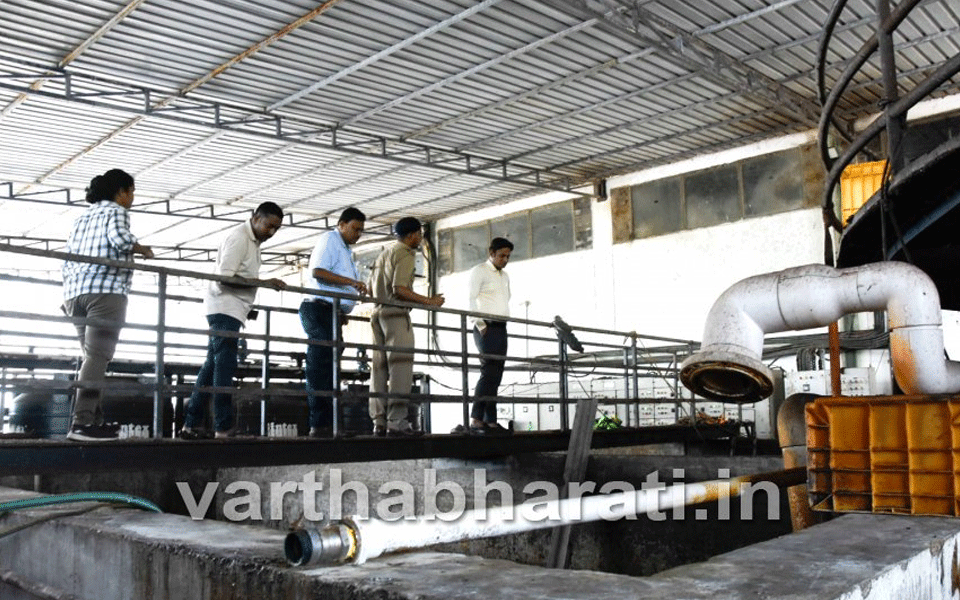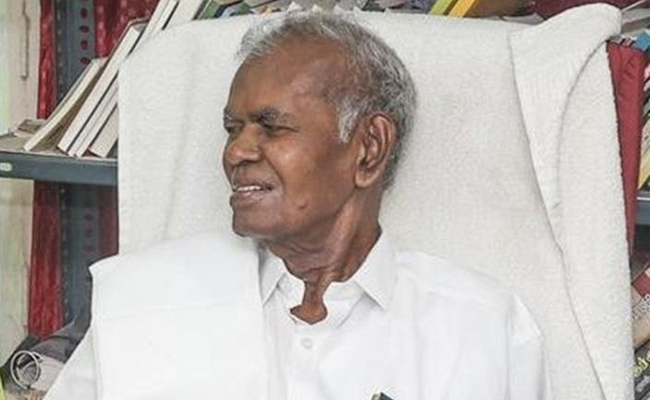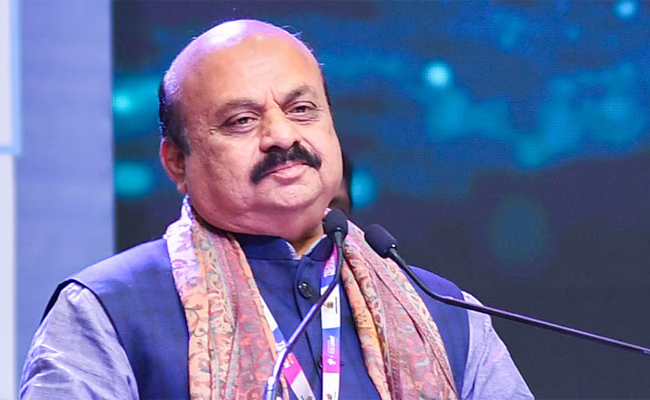Mangaluru: The Mumbai-based fish factory known as Shree Ulka LLP at the MSEZ (Mangaluru Special Economic Zone) was reportedly closed and locked by the police in the background of the deaths of five factory workers. Concerning the disaster that occurred in the factory, four individuals including the factory’s production manager were taken into custody, the Mangaluru City Police Commissioner N. Shashikumar informed.
The company’s Production Manager Ruby Joseph, Area Manager Kuber Gaade, Supervisor Muhammed Anwar, and Ullal Azaad Nagar resident Faruq, who was in-charge of the company’s workers have been taken into police custody, it is learned.
The factory is reportedly owned by a Mumbai-based person named Raju Gorak. The company has been accused of being neglectful to its workers and not providing workers with necessary safety equipment. Cases have been registered against the company in this regard under 52/2022 sections 337, 338, 304 along with article 34 under the IPC, at the Bajpe police station. Currently, the company has been locked, the police commissioner informed.
A total of five workers passed away due to an alleged poisonous gas leakage that occurred on Sunday night at Shree Ulka LLP fish mill factory situated at the MSEZ (Mangaluru Special Economic Zone). Three more workers are reportedly receiving treatment at the hospital.
Shree Ulka fish factory which is situated in the Bajpe police station’s jurisdiction at Mangaluru Special Economic Zone in Permude had been operational for the last 3 years. The company has employed around 100 workers, and a majority of them are said to be originally from either West Bengal or Jharkhand states, it is learned.



Let the Truth be known. If you read VB and like VB, please be a VB Supporter and Help us deliver the Truth to one and all.
Chennai (PTI): Veteran leader of the CPI, R Nallakannu died here on Wednesday, the Rajiv Gandhi Government General Hospital said.
He was aged about 101, party sources said.
A hospital bulletin said, despite intensive care, he passed away at 1.55 PM on February 25, 2026 following failure of all vital organs.





